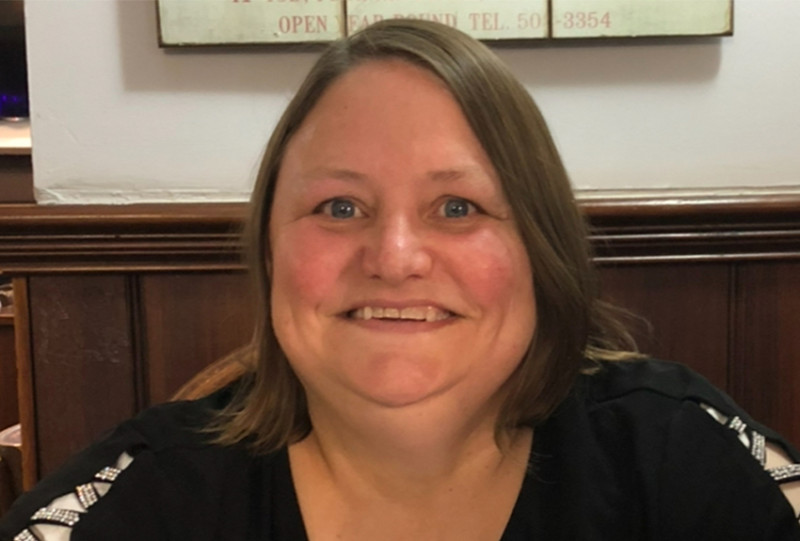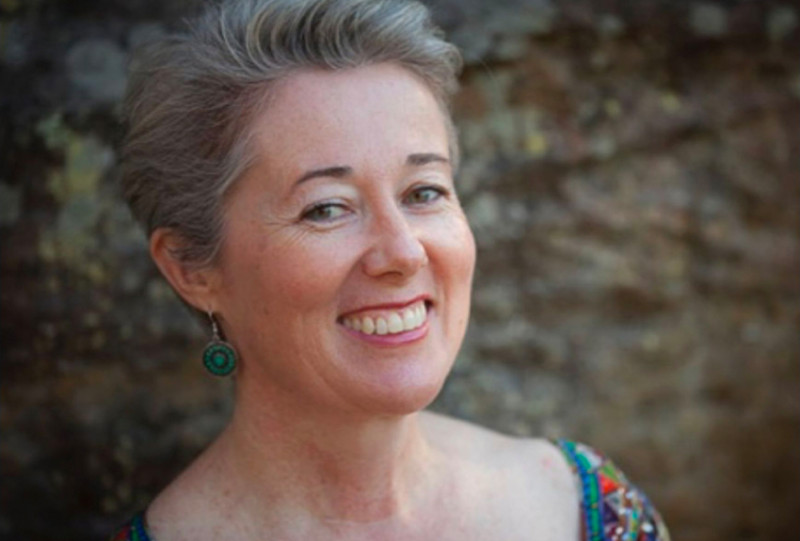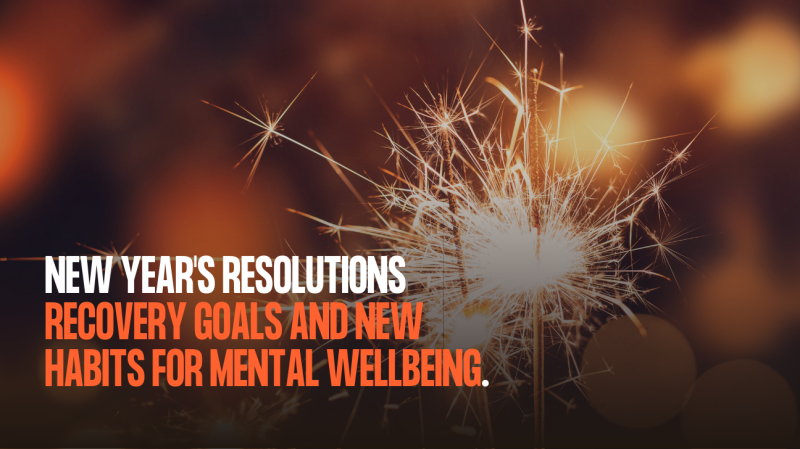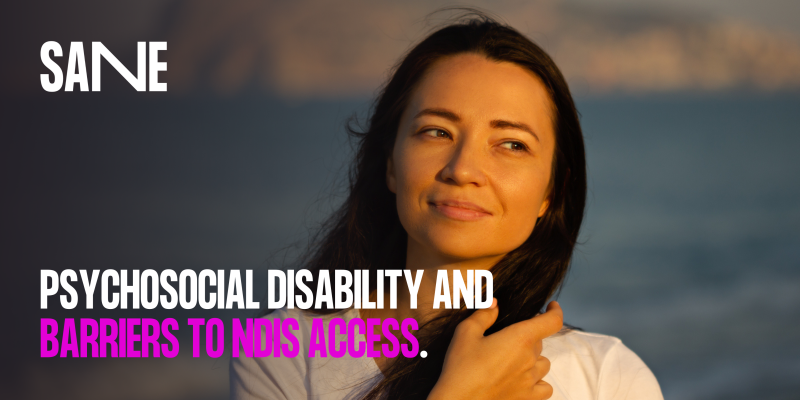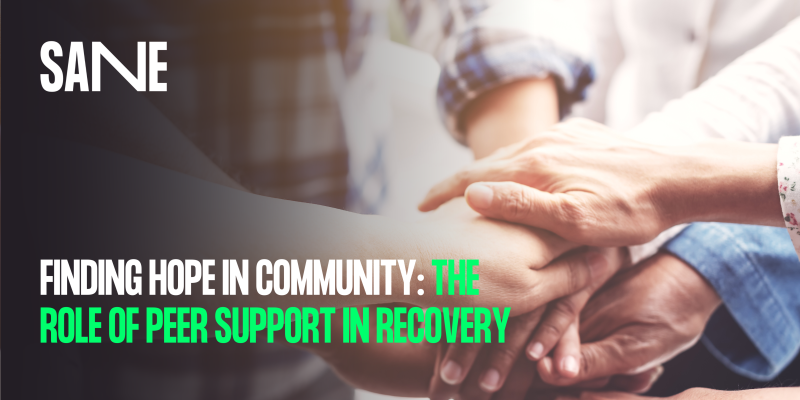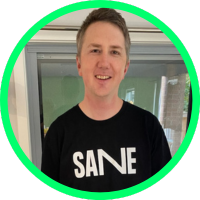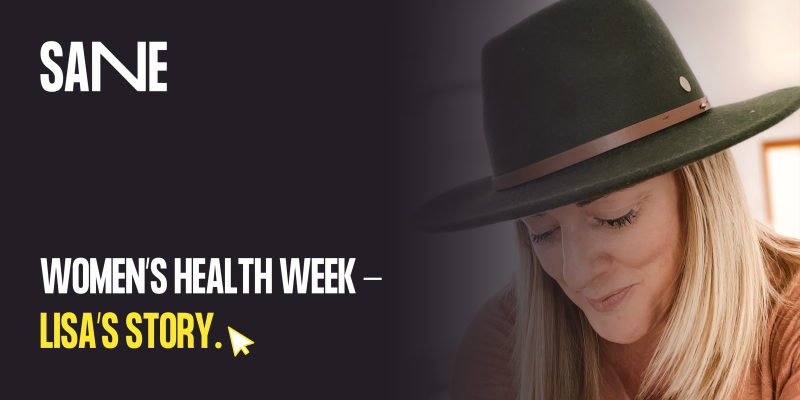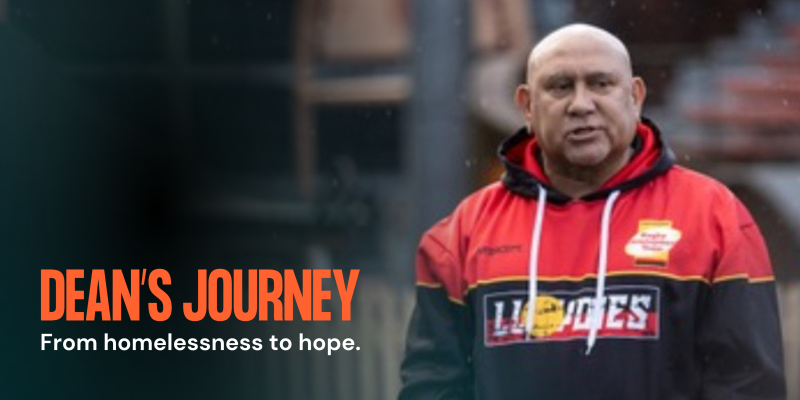This Mother's Day, we’d like to recognise all the women who play a caring role in our lives. Caring for someone with complex mental health needs can be overwhelming and sometimes quite lonely, but there are some simple actions you can take to keep yourself and your loved ones positive, connected and confident that you’re heading in the right direction.
In this blog, SANE community member Sonya shares a list of the things that helped her when her daughter was first diagnosed with schizophrenia at 20 years of age.
You’re still in shock and disorientated, so it’s understandable everything feels impossibly hard for you right now. And the fear and helplessness you feel are understandable too. What loving mother wouldn’t feel this way? But you must remind yourself that you are free to choose what you hold in your mind. That you can choose to believe that it won’t always be this way. And that there are steps you can take to help yourself feel less helpless. You love lists.
Let’s list the steps you can take.
- You can talk to your GP about everything that’s happened and the feelings that you’re struggling with.
- You can use the internet to learn about E’s mental health condition and the services and supports available to you and her. Start with SANE (where you found the 1800 helpline) and take a closer look at the fact sheets and recovery stories.
- You can set up daily routines and limits for keeping yourself ready, able, and strong. Like exercise and not drinking coffee after 2pm.
- You can remember what you read about stress and calm both being contagious. And you can aim to always be the calmest person in the room.
- You can use reflective listening and empathising to head off conflict with E and stay connected to her.
- When challenging times come around, you can tell yourself you’ve got through challenging times before and you’ll get through challenging times again.
- When negative thoughts take hold, you can shift you attention to an activity that requires deep focus or engages your senses. Dancing to your favourite pop songs always works. So does going for a long brisk walk in the cool night air.
- You can join a support group. If you can’t find one that suits your needs, you can team up with another carer and create one that does.
- You can acknowledge what you’re grateful for. (Make a list and keep it handy. Put E at the top of the list).
- When stigma and discrimination show up in your interactions with others, you can call it out. You can explain why its hurtful, harmful, and atrocious. (Don’t be afraid to use the word “atrocious.” It’s exactly the right word).
- You can report misleading news coverage of people with complex mental health conditions to SANE’s Stigma Watch Program.
- You can choose not to be hurt by family members and close friends who find it hard to know how to support you. It doesn’t mean they don’t care.
- You can seize the opportunity to share a laugh with E. To see the funny side, together.
- You can value small steps. Yours and E’s. Just like you value small green shoots in the garden.
- You can believe with all your heart that you can still live fully. That purpose and meaning and even strength and fulfillment can be found in your new circumstances. Choose to believe this and maybe E will one day choose to believe it too.
Connect with other carers who get what you’re going through in our dedicated family, friends and carers space on the SANE Forums. It’s a safe, anonymous community where you can seek advice, share experiences and insights and learn what’s helped others. Click here to join the community – it’s free and open 24/7.
You’ll also find practical tips, guides and tools for family, friends and carers on our website here.

